Latest Articles about Info Warfare/Media

Hybrid Threats and Modern Political Warfare: The Architecture of Cross-Domain Conflict
We are publishing this piece because Mr. Irdi served within the Italian government for seventeen years in various capacities related to foreign affairs and security policy, including as a special advisor to Italy’s minister of foreign affairs. During his tenure at the Italian prime minister’s... MORE
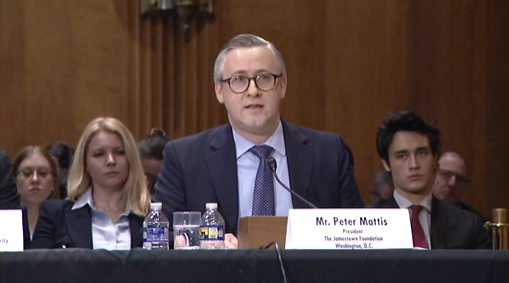
PRC Malign influence at Home and Abroad—Peter Mattis’s Testimony Before the Senate Foreign Relations Committee
The following is a lightly edited version of testimony delivered by Jamestown President Peter Mattis. The testimony was delivered before the Senate Foreign Relations Committee at a hearing held on January 30, 2025, on the topic “The Malign Influence of The People's Republic of China... MORE
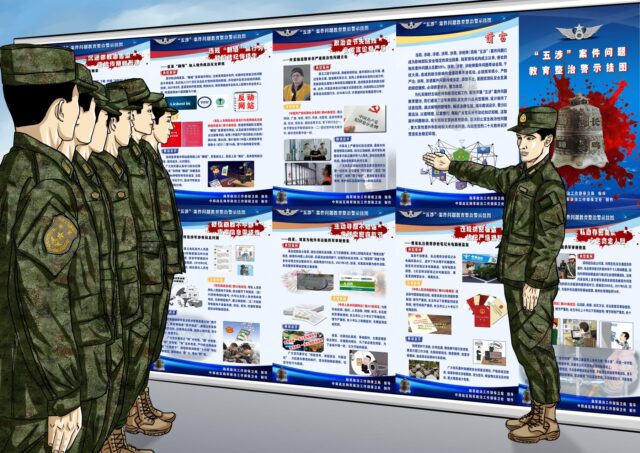
Military Content Restrictions Could Indicate Trouble Ahead
Executive Summary: New measures to control online information related to the People's Liberation Army (PLA) could be an indicator of imminent military operations, further purges, or other military activity. The measures are drafted by 10 military and state bodies, indicating that Beijing places enormous importance... MORE

Expulsion of PRC Media Outlet Reveals Scale of Taiwan’s Information Challenge
Executive Summary: Taiwan is acting against media organizations operating in the country that are affiliated with the People’s Republic of China’s (PRC) party-state. In early January, Taiwan’s government revoked the operating license of the magazine Strait Herald following revelations about its influence and infiltration activities.... MORE

Open Source and Our Crises of National Understanding
The challenges that face the United States and our allies require greater understanding on the parts of both government and society. Democratic governance means shared responsibilities. Citizens are not subjects. Open source is the only way to share information and develop a common understanding between... MORE

Beijing’s Latest Data Security Regulations Create Framework for Broad Domestic and Extraterritorial Supervision
Executive Summary: The State Council-approved “Network Data Security Management Regulations” impose stringent compliance requirements on data processors and platform service providers to safeguard personal information, important data, and cross-border data. The “Regulations” signal continued efforts by the People’s Republic of China (PRC) to assert control... MORE
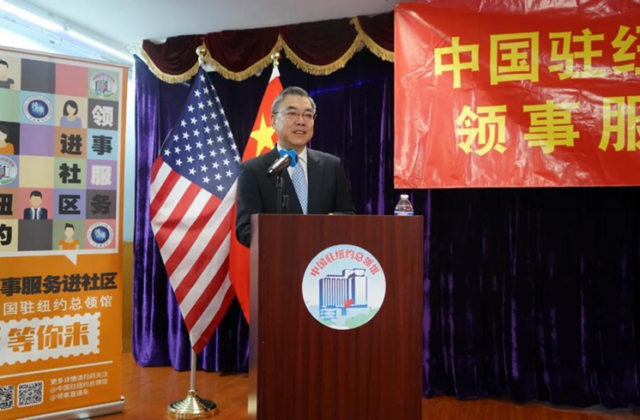
Part II: Diplomacy with Chinese Characteristics: PRC Consulate Gray Zone ‘Pop-up’ Events in New York
Executive Summary: “Pop-up” events by People’s Republic of China (PRC) consular officials across the United States are accompanied by online propaganda campaigns on social media, as part of a gray zone approach to cognitive warfare. The events, which may contravene international and US law, are... MORE
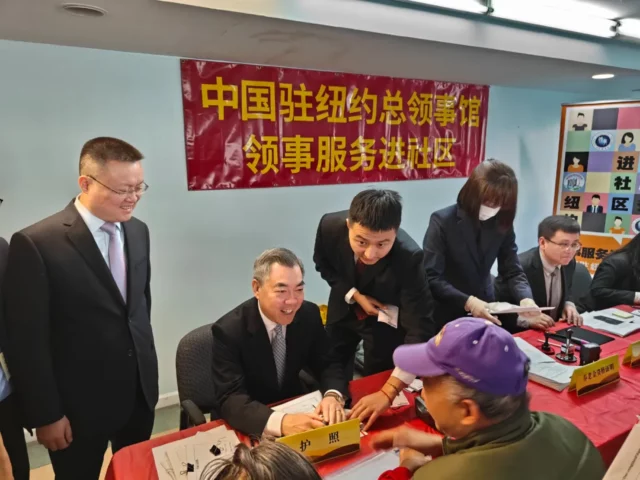
Part I: Diplomacy with Chinese Characteristics: PRC Consulate Gray Zone ‘Pop-up’ Events in New York and Beyond
Executive Summary The Consulates General of the People’s Republic of China (PRC) in New York, San Francisco, and Chicago have been conducting gray zone “pop-up” consular service events across the United States under the initiative “Bringing Consular Services into the Community,” often at non-diplomatic facilities.... MORE

Kubernetes: A Dilemma in the Geopolitical Tech Race
Executive Summary: US-sanctioned Huawei has significant influence in the Cloud Native Computing Foundation and its open-source platform Kubernetes, which underpins US military platforms, including F-16 fighter jets and nuclear infrastructure. The use of open-source technologies in critical systems raises concerns. Despite US efforts to mitigate... MORE
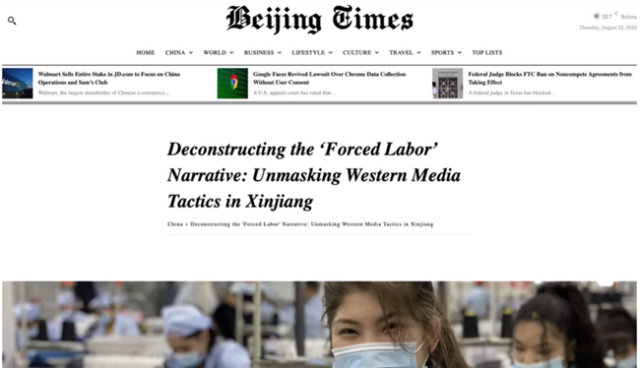
Murky Media Network Aligns with Beijing on Sensitive Issues
Editor's Note: Following the publication of this article, the Beijing Times published an editorial with the headline "Beijing Times Clarifies Independence: No Ties to the Chinese Government, Ending Global Political Coverage." In it, the editorial team announced that they had made the decision to "discontinue... MORE